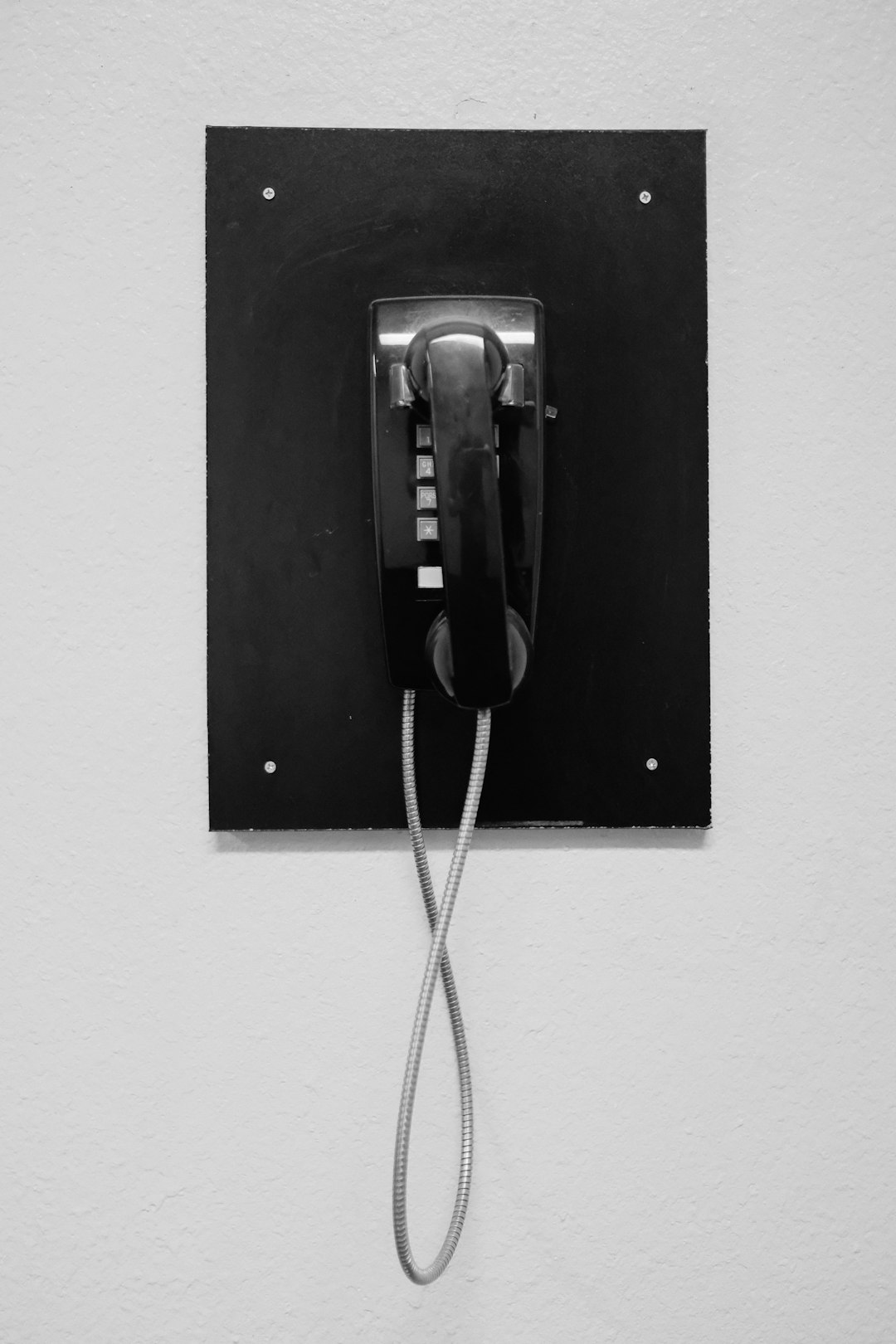In New York, the Attorney General's office enforces Spam Call Laws to protect residents from fraudulent debt collection tactics, including automated messages and fake collectors. Consumers can safeguard themselves by verifying collector legitimacy through a reputable Spam Call law firm New York and utilizing legal protections like disputing debts and blocking caller IDs. Staying informed, registering for Do Not Call lists, and verifying agency registration are key measures to avoid future scams.
In New York, spam call laws protect consumers from aggressive debt collection practices. However, fake debt collectors continue to prey on vulnerable individuals, using deceptive tactics to extort money. This article guides you through understanding the state’s spam call regulations, identifying common red flags, knowing your rights as a debtor, and implementing preventive measures to avoid such scams. Stay informed and protect yourself from fraudulent debt collection practices with the help of a reputable Spam Call law firm in New York.
Understanding New York's Spam Call Laws and Their Impact on Debt Collection
In New York, the Spam Call Laws are designed to protect residents from unwanted and fraudulent calls, particularly in the context of debt collection. These laws, enforced by the Attorney General’s office, restrict when and how debt collectors can contact individuals. For instance, they cannot call before 8 am or after 9 pm unless the debtor has given explicit consent. Moreover, they must identify themselves and the purpose of the call within the first few seconds, providing a chance for consumers to assert their rights, like asking to be removed from the caller’s list.
By adhering to these Spam Call laws, New Yorkers can better avoid falling victim to fake debt collectors who often employ aggressive or misleading tactics. When engaging with potential debt collection calls, it’s advisable to verify the collector’s legitimacy through a reputable law firm known for ethical practices. This simple step can help protect against scams and ensure that any debt-related communication is conducted fairly and in accordance with New York state laws.
Identifying Red Flags: Common Tactics Used by Fake Debt Collectors
Fake debt collectors often employ various tactics to trick individuals into paying fraudulent debts. One common method is making spam calls, where they use automated or pre-recorded messages to bombard victims’ phones. These calls may appear genuine, but they are designed to create a sense of urgency and fear, pressuring people to act quickly without verifying the debt’s authenticity.
Other red flags include demands for immediate payment, threats of legal action or arrest, and insistence on using specific payment methods, often in cash. They might also try to conceal their true identity or location, using fake names, business names, or even claiming to represent government agencies. New York’s Spam Call law firm plays a crucial role in combating these scams by helping individuals recognize such tactics and offering legal guidance for dealing with fraudulent debt collectors.
Your Rights as a Debtor: What to Do If You're Targeted
As a debtor in New York, you have rights that protect you from aggressive or illegal collection practices. If you’re targeted by fake debt collectors or receive spam calls from law firms, it’s important to know your options. According to state and federal laws, including the Telephone Consumer Protection Act (TCPA), you have the right to dispute the debt and request validation from the collector. This means they must provide proof of the debt and, if invalid, you can demand their cessation of contact.
If you’re being harassed or scammed by a debt collection agency or law firm in New York, document all interactions, keep records of communications, and consider blocking the caller’s number. You can also report these incidents to the Federal Trade Commission (FTC) and your state Attorney General’s office. Additionally, consult with a consumer rights attorney or local legal aid organizations for guidance on your specific situation, especially if you believe a Spam Call law firm in New York is involved.
Preventive Measures: Protecting Yourself from Scams in the Future
To protect yourself from future scams involving fake debt collectors, it’s crucial to stay informed and proactive. One effective measure is to register for Do Not Call lists. Both federal and state laws, such as New York’s Spam Call law firm regulations, offer protections against unsolicited phone calls. By signing up, you limit the number of marketing and sales calls you receive, significantly reducing your risk of engaging with fraudulent debt collectors.
Additionally, verify the legitimacy of any debt collection agency before providing personal or financial information. Check the agency’s registration, licensing, and ratings with regulatory bodies like the New York State Department of Financial Services. Always request validation of the debt, including details about the original creditor and the amount owed. Refrain from sharing sensitive data unless you have independently verified the collector’s authenticity.






